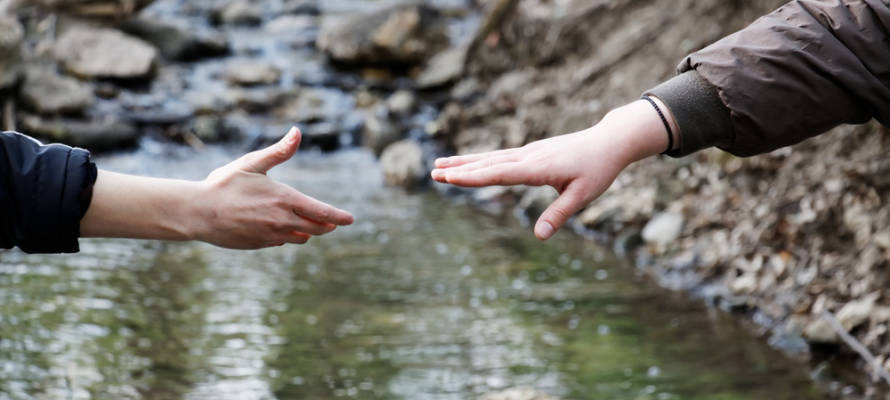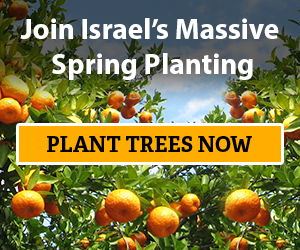What is the lesson of the “unintentional killer” in this week’s Torah portion?
By Rabbi Ari Enkin, Rabbinic Director, United with Israel
This week’s Torah portion is “Maasei” in Israel, and it is the double portion of “Matot-Maasei” (Numbers 30:2 –36:13) outside of Israel. With this double reading, the Diaspora Torah portions will now be realigned with the Torah portion of the week in Israel after having been one Torah portion “behind” since Passover.
This week, we also conclude the book of Numbers and begin reading the book of Deuteronomy.
Among the different topics discussed in the Torah portion of Maasei is the concept of the “unintentional killer.” A person who killed someone unintentionally would not be subject to the death penalty as would someone who committed a premeditated murder. Instead, he or she would be sent to live in a “city of refuge” as a means of punishment.
There are several ways in which a person could accidentally kill another human being. According to a Talmudic example, while chopping wood, a piece of wood or the axe is dislodged and kills a bystander. Perhaps a modern-day example would be a road accident that results in death.
In these and similar instances, the perpetrator would be forced to leave his home and family and live in one of the several cities designated for this purpose. The person would remain there until the death of the High Priest.
Perhaps the Torah is telling us that no accident is completely accidental. In 99.9% of accidental deaths, the tragedies could have been avoided if the perpetrator had been more careful, more alert, or more caring. When two cars collide, it’s called an “accident” because nobody wanted it to happen. But ultimately, if one or both parties had been driving more carefully, the “accident” would not have happened. As such, the person at fault is not truly innocent or free from responsibility. Some kind of punishment is in order.
The Torah stresses the importance of being careful not to harm others in any way. By extension, we need to stop being concerned only about ourselves and to begin caring for others – in the same way that we care for ourselves. Why is my neighbors’ comfort, convenience or safety less important than mine?
Let us take the lesson of the unintentional killer and sprinkle it into our daily routine. Caring about others’ safety and well-being will ensure that we are cared for as well.
For more of Rabbi Ari Enkin’s insights on this week’s Torah reading, click on the links below:
https://unitedwithisrael.org/living-torah-make-your-home-a-city-of-refuge/
https://unitedwithisrael.org/living-torah-in-every-challenge-search-for-a-blessing/
MAKE THE LAND OF ISRAEL EVEN MORE BEAUTIFUL!
PLANT YOUR VERY OWN FRUIT TREES IN ISRAEL!
Farmers near the Gaza border lost family, friends and workers. Spring is here, and they desperately need help to replant the farms. Join us in blessing the People and Land of Israel.
“I will ordain My blessing for you…” (Leviticus 25:4)




